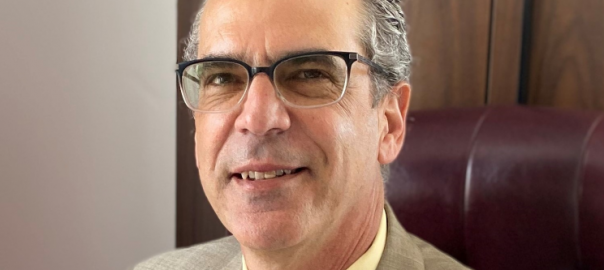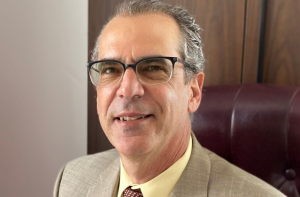
Albany: Protect New York Workers and Taxpayers, Pass Wage Theft Legislation Now

As a fourth-generation union bricklayer and labor advocate in New York, one would expect that a policy battle around “Wage Theft” legislation would be a cut-and-dry issue won by construction workers and supporters of honest work and pay years ago.
But here we are in 2021, and construction workers are still routinely being ripped-off on private construction projects by irresponsible contractors who are withholding workers’ unpaid wages, overtime, and benefits. Most discouraging is that those being exploited on these projects are often minority, undocumented, and non-union workers – offering New York’s most vulnerable working people few to no resources or advocates available to protect them.
And for that reason, bad actors in the construction industry are able to continually get away with robbing New York’s working men and women, while deepening their own pockets and growing their reckless and outsized influence in the industry.
Wage theft is a loaded term laced with countless strategies used by unscrupulous contractors to manipulate earnings and benefits, all of which make life irreducibly more difficult and unjust for New York workers and taxpayers.
Some cases leave workers without a few thousand dollars at the end of a year – which for many construction workers in the non-unionized sector could be a significant percentage of their annual salary – while other cases leave workers millions of dollars in the red over the span of an already challenging and dangerous career. What is consistent across all forms of wage theft, however, is that it happens at nearly every level of the private construction industry, either by employers misclassifying workers as independent contractors or paying workers “off-the-books” in cash.
A major challenge to addressing wage theft is that cash jobs paying seemingly decent money can be alluring to workers, especially to young people starting out in the industry, immigrants, and undocumented workers. But the truth is, workers accepting these types of arrangements don’t see that they’re shorting themselves or that their career is being undermined.
There’s also very little preventing bad actors from avoiding any consequences associated with their exploitation of workers.
That’s why state government needs to step in, as it has in five other states and the District of Columbia, to put workers first and ensure that real protections against this malfeasance are enshrined into law.
What’s proven to work on public sector construction projects in New York, and private projects in six other jurisdictions, is holding general contractors responsible for ensuring that tradesmen and tradeswomen on their work sites are paid the wages they’re owed for their work. Better yet, not only has this created real protections for the most vulnerable workers but it serves as a way to police the construction industry through the free market – disincentivizing general contractors from hiring sub-contractors with bad labor records and shutting down the underground construction economy.
The New York State Assembly has passed legislation that would do what other states have already done by making general contractors accountable for their worksite and legally responsible for any wage theft civil violations committed by sub-contractors they hire.
As the law stands now, sub-contractors who are often fly-by-night operators and hard to pin down labor brokers, are the only option for exploited workers to sue for stolen wages. Holding general contractors liable for wage theft puts them in the public eye and paves a broader and more accessible path for exploited workers to collect their wages.
This is commonsense and just legislation. Accountability is the expectation in every other industry; the private construction industry should be no different.
The Assembly has done its job. Now the Senate must pass the wage theft reform companion bill immediately to bring accountability to the job site and to finally put all workers first.
Al Catalano is the Secretary-Treasurer of the New York State Building & Construction Trades Council, which represents over 200,000 unionized construction workers.
